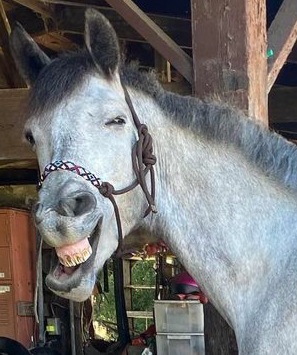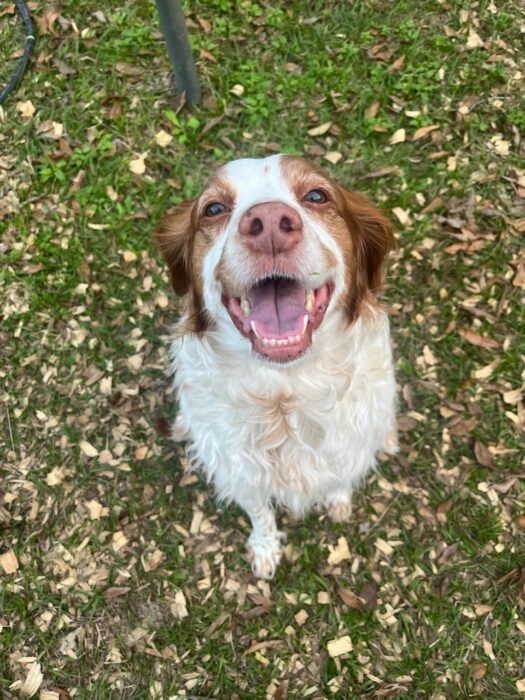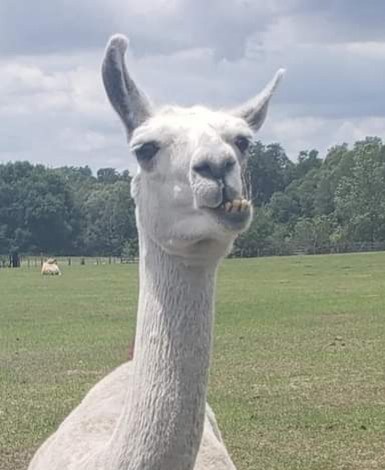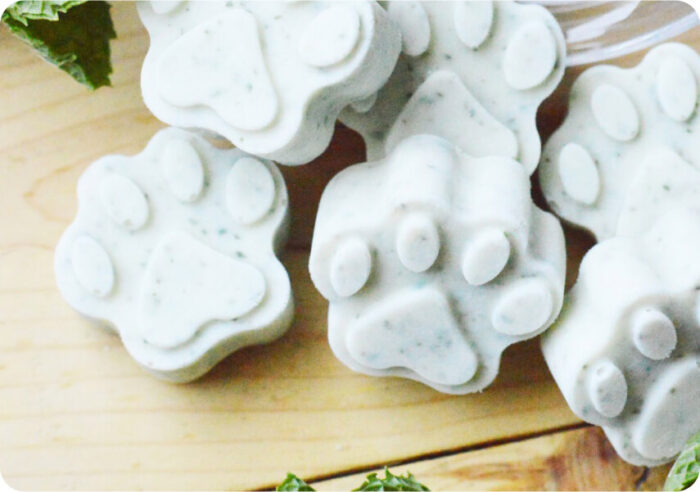Pet Dental Health Month

Chomp into Pet Dental Health month the right way by learning how you can improve your pets Dental health and keep them in tip-top shape!
Why Is Dental Hygiene Important
In Pets?
Dental health is a crucial part of your pet’s overall health! So, don’t turn your nose to your pet’s bad breath! That odor might signify a serious health risk or dental problems. Periodontal disease can cause tooth loss, pain, and other health problems if left untreated. One concerning effect is the possibility of dangerous bacteria seeping into your pet’s bloodstream and affecting the major organs.

Prevention and Care
Brushing your pet’s teeth might sound silly, but teeth brushing is the foundation of good oral health! After your pet has learned to tolerate brushing try doing it at least once a day to be most effective. Brushing once a day can reduce future cleanings from the vet as well as periodontal disease. Keep in mind, animals need pet specific toothpaste, never use humane toothpaste on your pet. Humane toothpaste can be toxic and contain Xylitol which is deadly for dogs. Rabbits, Cows, and Horses have also shown sensitivity to Xylitol.
Aside from teeth brushing, there are other ways improve oral hygiene. One way is by giving your pet Dental Chews regularly, make sure your chews are VOHC (Veterinary Oral Health Council) approved! Another way is by ensuring your dog is eating quality dog food. Some pets may even benefit from veterinary proscribed “dental diets” that help scrub their teeth as they chew or have additives that prevent plaque from hardening. You can also give your pets a daily probiotic supplement, this will help to support a healthy bacterial environment in your pet’s mouth.
Indicators of Dental Problems & Periodontal disease

- Broken teeth and roots
- Unusual mouth sensitivity or difficulty eating
- Bloody saliva
- Discolored teeth with tartar build up
- Abscesses or infected teeth
- Receding gums
- Foul breath
- Malocclusion, or misalignment of the teeth and bite
- Broken (fractured) jaw
Periodontal disease is the most common dental condition in dogs and cats – by the time your pet is 3 years old, he or she will very likely have some early evidence of periodontal disease, which will worsen as your pet grows older if effective preventative measures aren’t taken. Early detection and treatment are critical, because advanced periodontal disease can cause severe problems and pain for your pet. At your pet’s annual wellness appointments, your veterinarian will asses your pets oral health and recommend treatment as necessary.
Homemade Dental Treats

Want to make your own dental treats ate home to help freshen your pets breath? Try this easy 3 ingredient recipe for frozen “breath mints”!
What you will need:
- 5 ounces plain Greek yogurt – This is packed with probiotics for your pet!
- 1/4 cup fresh mint – Aids in digestion and helps to freshen breath!
- 1/4 cup honey- Powerful antimicrobial & antifungal properties!
- Place all the ingredients in a food processor or blender and blend thoroughly
- Using a silicone tray (like a paw shaped one), fill the cavities about 3/4 way full
- Place in freezer for about 2 hours or until frozen all the way through
- Give to your pet for fresh breath and a great treat that also aids in digestion




